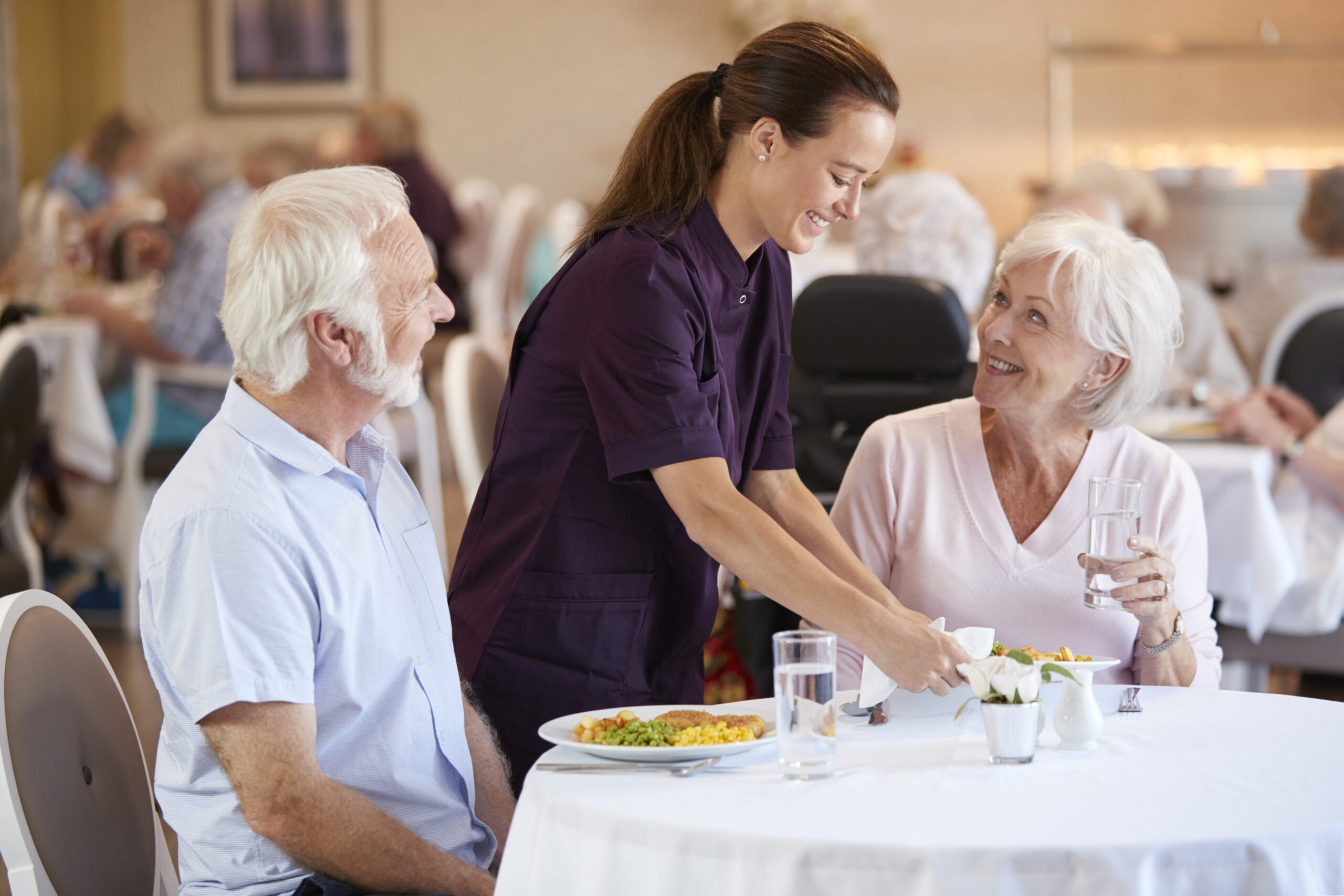At first, the idea of handing over something as personal as cooking might feel strange. After all, meals carry memories. A certain smell can take you right back to your childhood kitchen or a dinner shared with someone you miss. But what if giving up the daily grind of meal prep didn’t mean losing anything at all? What if it meant gaining something—comfort, ease, maybe even a little happiness you didn’t know was missing?
Moving into an assisted living facility doesn’t mean you stop being you. It means you stop wasting energy on the hard parts of everyday life. Letting someone else cook for you is one of those quiet, simple changes that ends up making a big difference. It’s not just about food. It’s about peace of mind.
You Get Back Time—and That’s a Big Deal
Cooking takes planning. Grocery lists. Heavy bags. Dirty dishes. You think about what you have, what you don’t, what’s about to expire, and what’s too much work to even try. Most people don’t realize how much mental space it takes until they don’t have to do it anymore.
In assisted living, meals are just… there. Hot, balanced, and ready when you are. You’re no longer wondering if you remembered to defrost something or if you’re up for scrubbing another pot. That quiet moment after breakfast where you’re not already thinking about lunch? That’s new. That’s freedom.
You’re still you. You still have preferences. You still get a say in what you eat and when. But the hard parts melt away. That’s where the confidence kicks in. You’re being taken care of, and you can finally enjoy the little things without always being one step ahead, trying to manage it all.
Meals Start to Feel Like Moments Again
When was the last time lunch didn’t feel like a chore? Or dinner wasn’t rushed, lonely, or eaten in front of the TV? In assisted living, meals are about connection again. You walk into the dining room, and someone greets you by name. You sit with people who remember your stories. You laugh. You share. You pass the salt without even thinking about it.
And when you’re not responsible for making the food, you can really be present for those moments. That’s not small. That’s life coming back into focus.
Even better, the food is made with care. It’s warm and fresh. There are real options, not just whatever’s easy or on sale. And if you have dietary needs, allergies, or health concerns, they’re taken seriously. You can trust that what you’re eating is not just tasty but also good for you—which makes a difference when you’re thinking about things like diabetes or heart health or managing medications.
You may even find that you enjoy food more than you have in years. It becomes something to look forward to again. And that’s a gift.
You’re Not Giving Up Control—You’re Getting Support
One of the biggest myths about assisted living is that you have to give up your independence. But the truth is, you get help where you want it and freedom where you need it. That balance can take a little getting used to, but once it clicks, it feels right.
You choose how involved you want to be. If you still love baking, many communities have kitchens you can use. If you just want to enjoy a slice of warm pie without thinking about clean-up, that’s on the table too—literally.
There’s a kind of ease that comes from not having to carry it all anymore. And that ease shows up in surprising places. You sleep better. You move more. You smile sooner in the morning. All because the stress of something as basic as food has been gently lifted off your plate.
And when you know the basics are taken care of—when your meals are reliable and your kitchen is no longer a stress zone—you can finally focus on the bigger picture. That includes financial peace of mind, too. Life insurance planning often factors in day-to-day living costs. When meals, utilities, and care are bundled into one place, you have a clearer sense of your budget—and fewer surprise expenses. That’s the kind of calm that settles deep into your bones.
Support Means Knowing the Difference Between Help and a Hand-Off
There’s a reason people thrive in assisted living. It’s not just because someone is helping them get dressed or handing them a plate of food. It’s because the care is smart. It’s tailored. Staff are trained to understand the difference between what’s called ADLs vs IADLs. That means they know the line between daily basics like bathing and more complex tasks like managing meds or cooking.
It’s not about stepping in too much. It’s about stepping in at the right time.
So if cooking has started to feel unsafe or overwhelming—if you’ve ever skipped a meal because standing felt like too much or if you’ve ever looked at your stove and felt unsure—it’s okay. That’s what support is for. You’re not broken. You’re adapting.
And in a place where that kind of help is built in, where it’s normal and expected and done with respect, you don’t have to pretend it’s all fine anymore. You can just eat. Laugh. Digest. Rest.
Routine, But Not Rigid
Having regular meals helps your body stay in rhythm. That matters more as you age. Blood sugar levels stay steadier. Sleep improves. Even your mood can lift just by knowing what to expect.
But routine doesn’t mean boring. Assisted living communities understand that meals should be both dependable and fun. That means themed dinners, surprise desserts, and maybe even a staff member who knows just how crispy you like your toast.
When food becomes something you enjoy again—something that feels both reliable and delightful—it changes how you feel about your entire day. You start to feel more rooted. More settled. And honestly, a little more alive.
You Stop Feeling Like a Burden
This part is quiet, but it matters. So many older adults push themselves to keep cooking because they don’t want to ask for help. They don’t want to “be a bother” to their kids or neighbors. So they keep going, even when their body is asking them to stop.
In assisted living, you’re not a burden. You’re not “making someone go out of their way.” You’re exactly where you’re meant to be, surrounded by people whose job it is to make life easier—and who take pride in doing it well.
That shift in mindset can be healing. You go from feeling like you’re holding everyone together to letting yourself be held.
It’s Not About Giving Up—It’s About Living Better
Food is just the beginning. Once you see how much smoother life gets when the basics are covered, everything opens up. You join a book club. You walk a little farther. You start thinking less about surviving and more about enjoying.
Letting someone else do the cooking isn’t a sign you’re slowing down. It’s a sign you’re finally ready to live a little lighter. You deserve that.
And the best part? You don’t even have to wash the dishes.
Keep an eye for more latest news & updates on Internal Insider!














